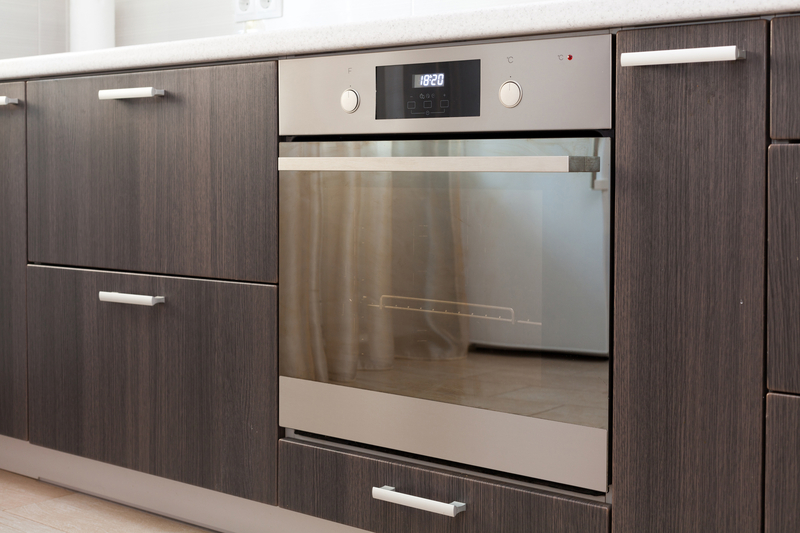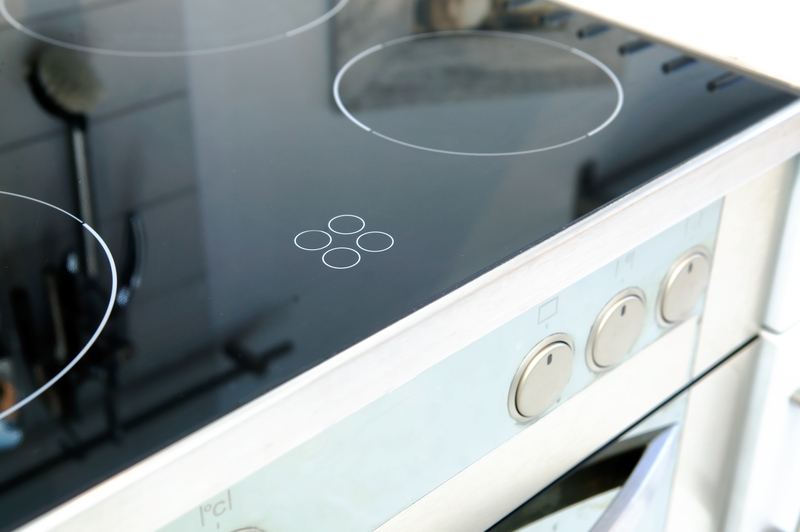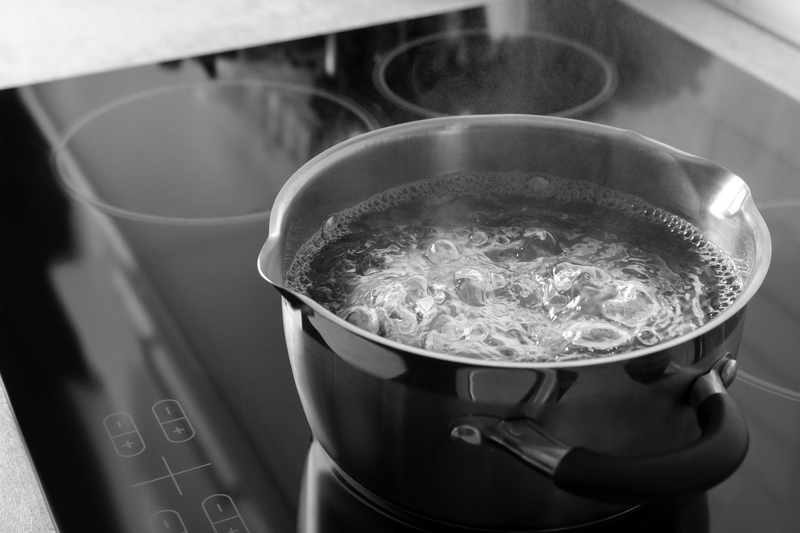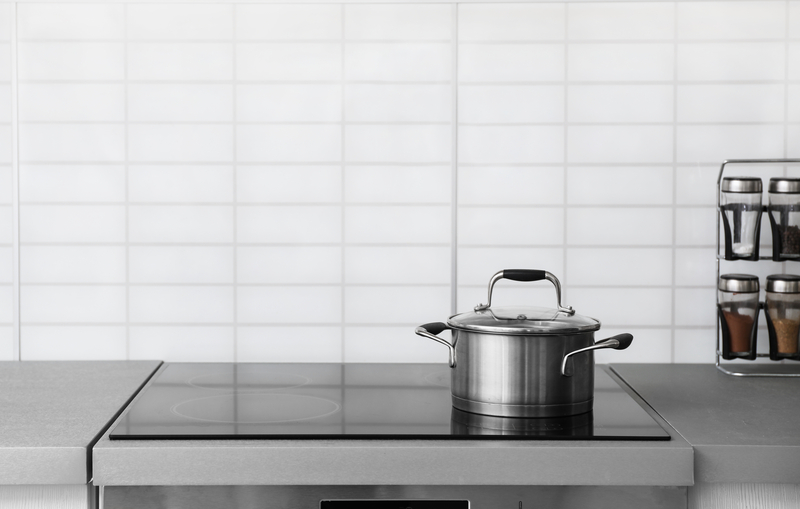This article was your guide to answering the question, “How much electricity does an oven use?” Electric ovens can result in an electricity cost ranging from $10 to $20 per month. That is about 2,000 – 5,000 watts per hour for the average electric oven.
So, if you’d like to learn more about the wattage of ovens, keep reading.
Here at The Energy Professor, we want to give you the information you need to not only save money on your energy bill but also to become more energy efficient. We hope you find this post helpful! It makes it easier for you to know more about oven electricity usage. Be sure also to check out our one-of-a-kind energy savings calculator!
The Energy Professor Electricity Rate Check Tool
How Much Electricity Does an Oven Use?

You can expect to use somewhere between 2,000 – 5,000 watts when using your electric oven to bake. With that being said, electric oven wattage can vary dramatically depending on frequency and duration of use, type of oven, and your local electricity rate. Now, if you’re using a stovetop, you’ll be using slightly less electricity with the average wattage for an electric stove being around 2,000 watts.
How much electricity does an oven use on average?
- Electric Oven Wattage:
- On average, an electric oven uses between 2,000 to 5,000 watts per hour.
- Factors like the oven’s age, efficiency, and usage duration can affect this range.
- Electric Stovetop Wattage:
- A typical electric stovetop uses about 2,000 watts per hour.
- Smaller stovetops might use as low as 1,100 watts, while larger burners can go up to 3,000 watts per hour.
- Factors Influencing Wattage:
- The actual wattage can vary based on how frequently and how long you use the appliance.
- The type of cooking (e.g., a quick meal vs. a holiday feast) also plays a significant role in energy consumption.
How Much Electricity Does an Electric Stove Use Per Month?
- 60,000 watts a month on average
Using an electric stove with an average wattage of 2000 watts for an hour daily results in a monthly usage of about 60,000 watts, or 60 kWh. Electricity bills are calculated in kilowatt-hours (kWh), with the rate depending on your local area’s electricity pricing. To convert watts to kilowatts, simply divide by 1,000.
Thus, a daily hour of stove use amounts to approximately 60 kWh per month. With the US Energy Information Administration citing the average electricity rate at about $0.15 per kWh as of January 2024, the cost of operating an electric stove is around $9 monthly.
Related Post: Complete Guide on How to Choose An Electricity Provider
How Much Does It Cost to Power an Oven?

Related Post: Complete Guide to the Best Electricity-Saving Devices for Homes
How to Save on Electric Oven Power Consumption

To reduce energy consumption and lower costs associated with electric oven use, especially considering the average monthly cost of around $10, here are some effective tips. With rising energy prices, these strategies can be particularly beneficial for consumers seeking to minimize their energy usage:
- Preheat Sparingly: Only preheat your oven when necessary, as it can consume a lot of energy. Many dishes don’t require preheating.
- Batch Cooking: Cook multiple dishes at once to make the most of the energy used for heating the oven.
- Use the Right Size Pans: Utilize pans that appropriately fit the oven size to ensure even and efficient heating.
- Regular Maintenance: Keep your oven clean and well-maintained to improve its efficiency.
- Use a Toaster Oven for Smaller Meals: For smaller meals, consider using a toaster oven, which uses less energy than a full-sized oven.
- Check the Seal: Ensure that the oven door has a tight seal to prevent heat from escaping.
- Turn Off Early: Turn off the oven a few minutes before cooking time ends; the residual heat will finish the cooking.
- Avoid Frequent Door Opening: Keep the oven door closed as much as possible during cooking to prevent heat loss.
Implementing these simple yet effective tips can significantly reduce your electric oven’s energy consumption, leading to cost savings and a more environmentally friendly kitchen.
Related post: Complete Guide on How to Lower Your Energy Bill: 8 Tricks to Reduce Your Energy Bill
Electric Stove Energy Consumption FAQ

Q: How much does it cost to run an oven for 1 hour?
A: The average oven uses around 2500 watts per hour of usage, which costs around $10 per month. If you want to figure out how much it costs per usage, you can take the wattage and multiply it by your hourly electricity rate. The US average electricity rate is around $0.15 per kWh for the residential consumer. You can take 2500 watts and multiply it by $0.15, then divide by 1000 to get your answer in kWh, which is what you’re billed in. On average, it can cost up to $0.38 per hour to run your oven.
Q: How much electricity does an oven use in 2 hours?
A: It takes about 5,000 watts of energy to run your electric oven for two hours of usage. The average electric oven uses around 2500 watts per hour of use, therefore, you can multiply that by two to get your usage for two hours.
Do you Need Cheaper Electricity?
If you’ve taken the time to understand the information on your bill and discovered you’re paying more than you’d like for your electricity, have you looked around for a cheaper deal? The Energy Professor has a wealth of information on saving on your utilities, including details of top deals that could significantly reduce your monthly or quarterly electricity bills.
We hope you found this article helpful! If you are looking for ways to increase energy efficiency and sustainability in your home be sure to look at the latest renewable energy options in your area. The Energy Professor helps residential and small business owners find qualified energy suppliers in New York, New Jersey, Pennsylvania, Texas, Ohio, Maryland, Illinois, and Massachusetts


